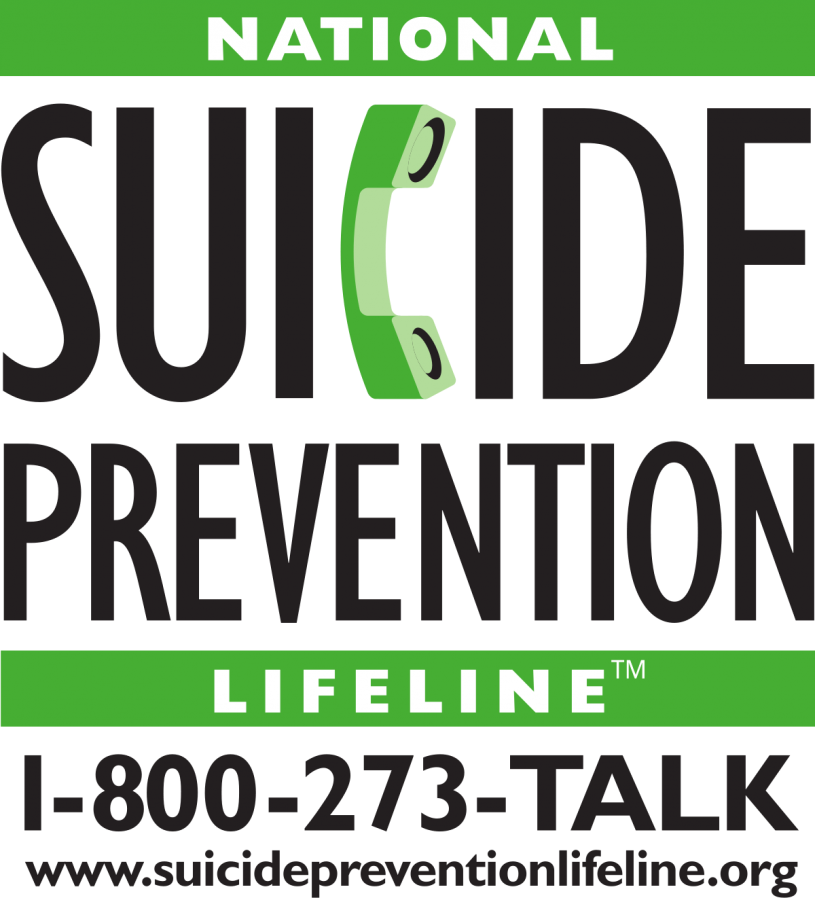Suicide Prevention Among You and Your Loved Ones
April 1, 2019
Two student survivors of the Parkland massacre have reportedly committed suicide in recent days, along with the father of Avielle Richman, a victim among the 20 first-graders killed in the 2012 Sandy Hook shooting. Jeremy Richman, 49, was found dead Monday in an evident suicide in his office building in Connecticut that morning.
When involved in traumatic events, victims may fall into a state of great tribulation, leading to unfortunate cases of those wanting to take their own lives and, sadly, succeeding. Many come to this conclusion for multiple reasons, one common factor being survivors guilt. Sydney Aiello, survivor of the attack at Majory Stoneman Douglas and one of the suicide victims, had reportedly been suffering from survivors guilt, along with PTSD after the attack.
Suicide isn’t only secluded to victims of tragic events. Suicide is the tenth leading cause of death in the United States; statistics showing results being more prominent in men than women. In 2017, the suicide rate revolving around ages 15-24 was 14.46 for every 100,000 individuals, increasing by 33% since 1999. “From individuals and communities to employers and healthcare professionals, everyone can play a role in efforts to help save lives and reverse this troubling rise in suicide,” stated CDC Principal Deputy Director Anne Schuchat, M.D.
Though suicide has no single cause, the root of prevention and support to those suffering from suicidal thoughts starts at home. Parents talking to their children about their feelings and well-being is exceedingly important to adolescents health; however, the process is sometimes forgotten, as people often label children’s inner thoughts as “dramatic” or “immature.” Moving forward in light of recent events, it’s crucial for parents to understand the real struggles going on in their children’s lives, just as much as it is for children to speak their minds to their parents, guardians, or even teachers.
Another way of prevention is also talking to your friends. It’s a common misconception in contemporary times that when somebody claims to have suicidal tendencies, it’s often shrugged off as “dark humor.” Undermining this serious topic as just an ordinary trend is dangerously treading on the risk of life or death. If you see a change of behavior in your friends/peers or a change of speech, mood, or overall prosperity, do not hesitate to speak up. Silence is the true killer when dealing with suicide of any ages. When we communicate, we save lives.
If you, a loved one, or somebody you know is dealing with suicidal thoughts/tendencies, please contact the National Suicide Prevention Hotline at 1-800-273-8255 or at suicidepreventionlifeline.org. Your life has meaning, not only to yourself, but those around you. Extend the conversation and prove that the only important trend that should be spread is self-love.

